As I’ve journeyed through my fitness endeavors, I’ve come to appreciate the significance of adaptive fitness—a personalized approach to workouts that honors individual abilities and challenges. Adaptive fitness recognizes that each person has unique strengths, limitations, and needs, and it empowers individuals to tailor their workouts accordingly. Whether I’m recovering from an injury, managing a chronic condition, or simply seeking a more inclusive approach to fitness, adaptive workouts have revolutionized my perspective on exercise and wellness.
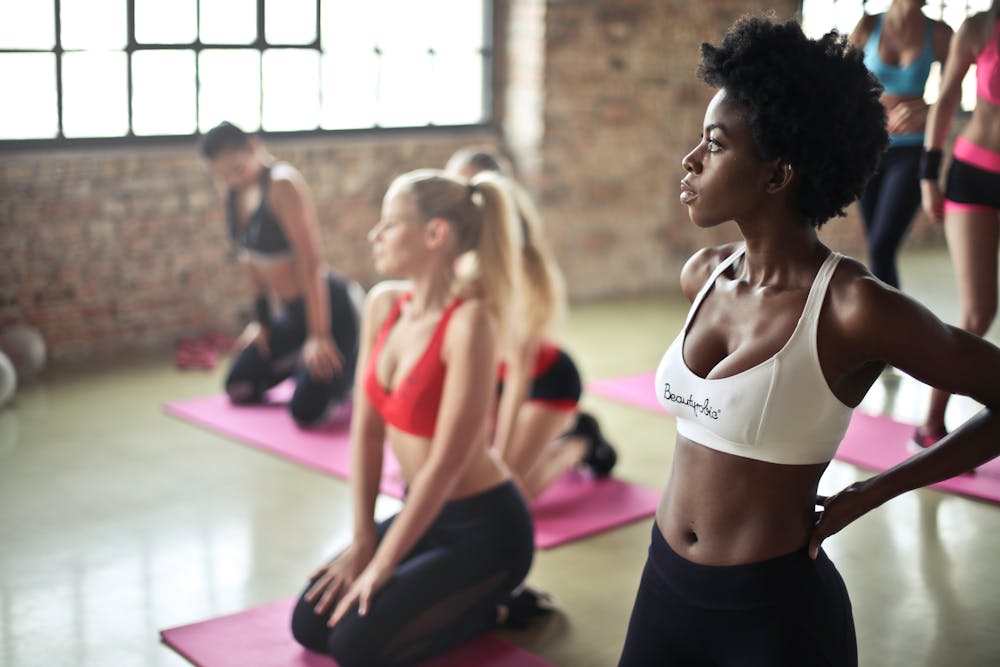 One of the most remarkable aspects of adaptive fitness is its emphasis on flexibility and customization. Rather than adhering to rigid workout routines or predefined standards of fitness, adaptive workouts allow me to adapt and modify exercises based on my abilities, preferences, and goals. Whether I’m adjusting the intensity, duration, or type of exercise, I have the freedom to create a workout plan that meets my needs and fits seamlessly into my lifestyle.
One of the most remarkable aspects of adaptive fitness is its emphasis on flexibility and customization. Rather than adhering to rigid workout routines or predefined standards of fitness, adaptive workouts allow me to adapt and modify exercises based on my abilities, preferences, and goals. Whether I’m adjusting the intensity, duration, or type of exercise, I have the freedom to create a workout plan that meets my needs and fits seamlessly into my lifestyle.
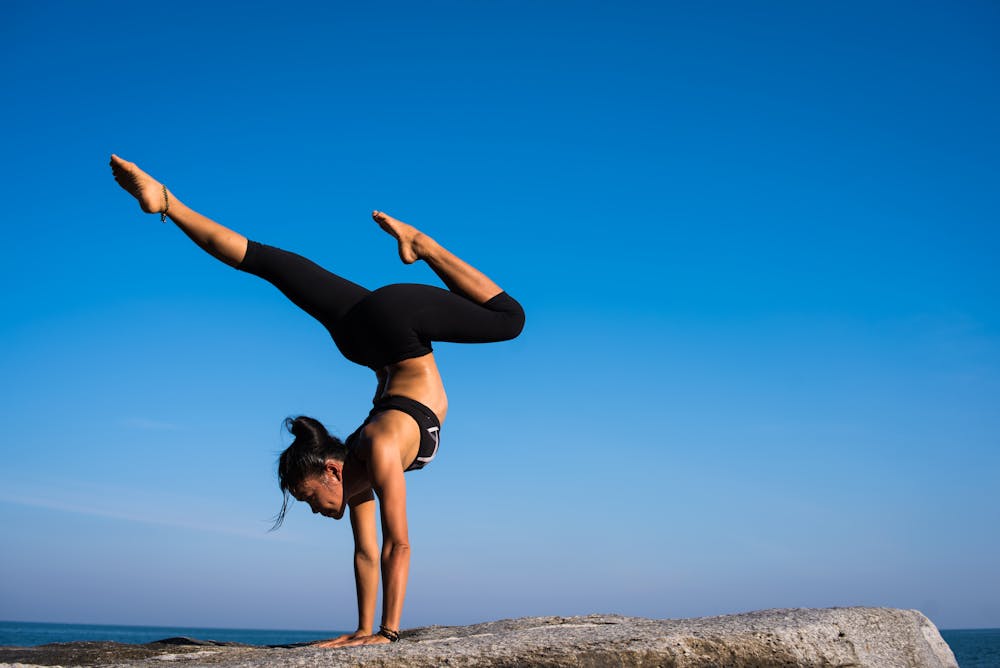 Moreover, adaptive fitness encourages a holistic approach to wellness that encompasses not only physical health but also mental and emotional well-being. By focusing on functional movements, mobility exercises, and mindfulness practices, adaptive workouts help me develop strength, flexibility, and resilience from the inside out. Whether I’m practicing yoga for relaxation, engaging in strength training for muscle tone, or going for a walk in nature for mental clarity, adaptive fitness allows me to nurture my body, mind, and spirit in a balanced and sustainable way.
Moreover, adaptive fitness encourages a holistic approach to wellness that encompasses not only physical health but also mental and emotional well-being. By focusing on functional movements, mobility exercises, and mindfulness practices, adaptive workouts help me develop strength, flexibility, and resilience from the inside out. Whether I’m practicing yoga for relaxation, engaging in strength training for muscle tone, or going for a walk in nature for mental clarity, adaptive fitness allows me to nurture my body, mind, and spirit in a balanced and sustainable way.
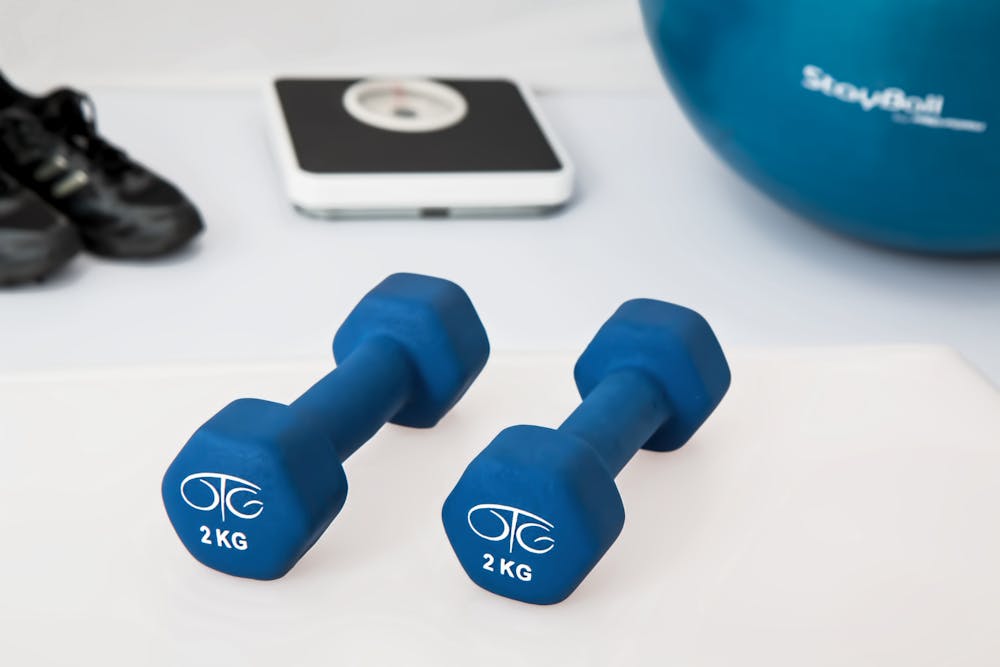 Another key principle of adaptive fitness is its inclusivity and accessibility for individuals of all ages, abilities, and fitness levels. Whether I’m a beginner just starting my fitness journey or an experienced athlete looking to push my limits, adaptive workouts offer scalable options and modifications to accommodate diverse needs and preferences. By embracing diversity and celebrating individual differences, adaptive fitness fosters a sense of community, empowerment, and belonging that extends far beyond the gym.
Another key principle of adaptive fitness is its inclusivity and accessibility for individuals of all ages, abilities, and fitness levels. Whether I’m a beginner just starting my fitness journey or an experienced athlete looking to push my limits, adaptive workouts offer scalable options and modifications to accommodate diverse needs and preferences. By embracing diversity and celebrating individual differences, adaptive fitness fosters a sense of community, empowerment, and belonging that extends far beyond the gym.
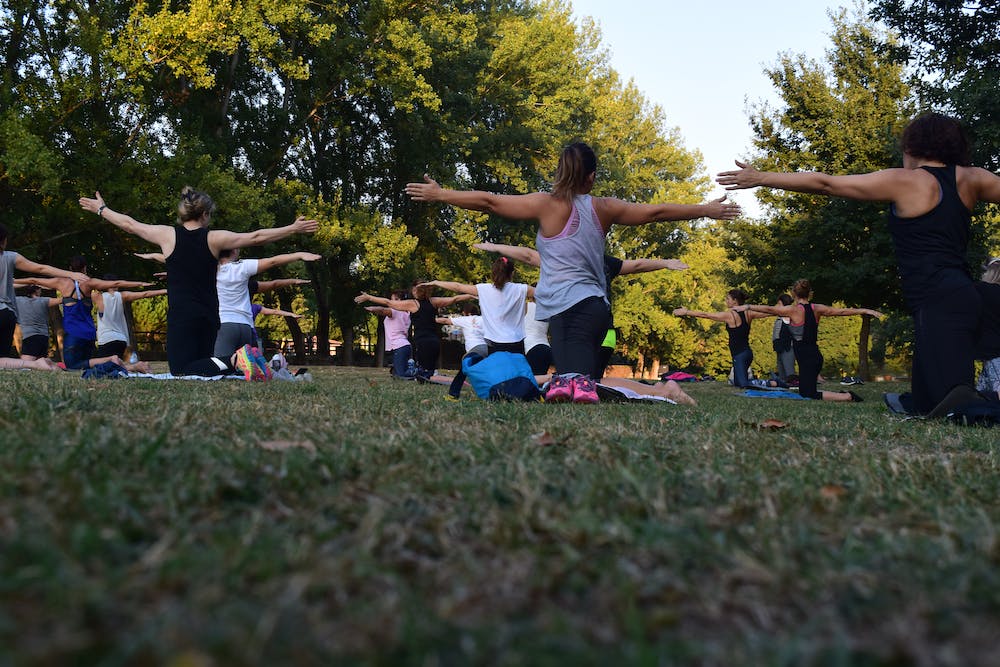 Furthermore, adaptive fitness encourages a growth mindset and a positive attitude towards challenges and setbacks. Rather than viewing limitations as barriers to progress, adaptive workouts invite me to see them as opportunities for growth, innovation, and self-discovery. Whether I’m adapting my workout routine to accommodate a temporary injury or finding creative ways to stay active despite physical limitations, adaptive fitness empowers me to embrace change, overcome obstacles, and thrive in the face of adversity.
Furthermore, adaptive fitness encourages a growth mindset and a positive attitude towards challenges and setbacks. Rather than viewing limitations as barriers to progress, adaptive workouts invite me to see them as opportunities for growth, innovation, and self-discovery. Whether I’m adapting my workout routine to accommodate a temporary injury or finding creative ways to stay active despite physical limitations, adaptive fitness empowers me to embrace change, overcome obstacles, and thrive in the face of adversity.
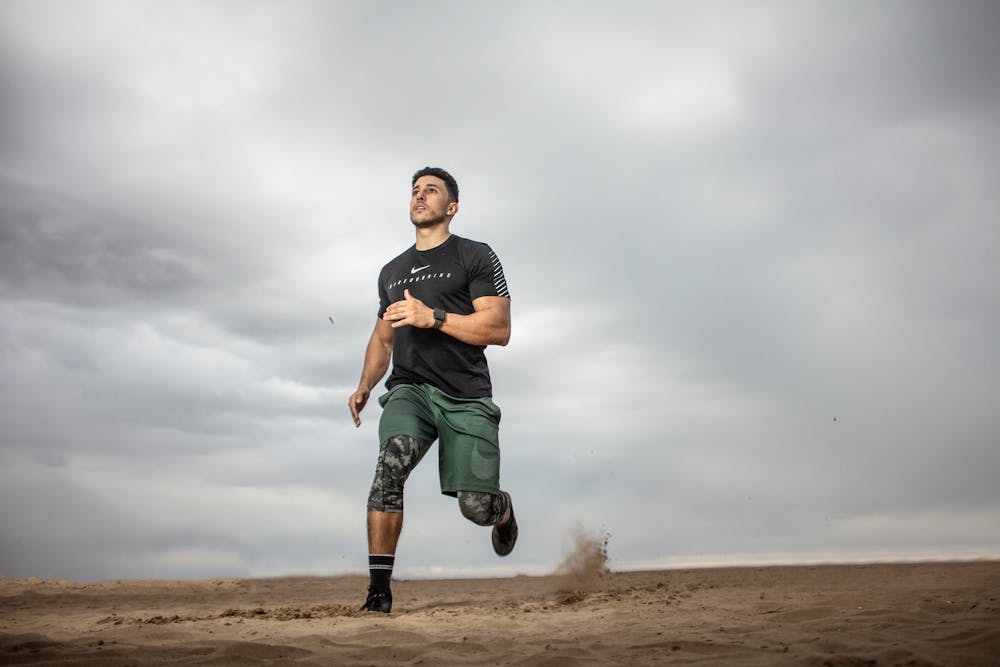 In conclusion, adaptive fitness is a transformative approach to exercise and wellness that celebrates diversity, fosters inclusion, and empowers individuals to take ownership of their health and fitness journey. By embracing flexibility, customization, and resilience, adaptive workouts offer a pathway to greater health, vitality, and fulfillment for people of all abilities. As I continue to explore the principles of adaptive fitness in my own life, I am grateful for the opportunity to cultivate strength, resilience, and self-compassion on and off the mat. With adaptive fitness, the possibilities are endless, and the journey is always evolving.
In conclusion, adaptive fitness is a transformative approach to exercise and wellness that celebrates diversity, fosters inclusion, and empowers individuals to take ownership of their health and fitness journey. By embracing flexibility, customization, and resilience, adaptive workouts offer a pathway to greater health, vitality, and fulfillment for people of all abilities. As I continue to explore the principles of adaptive fitness in my own life, I am grateful for the opportunity to cultivate strength, resilience, and self-compassion on and off the mat. With adaptive fitness, the possibilities are endless, and the journey is always evolving.






